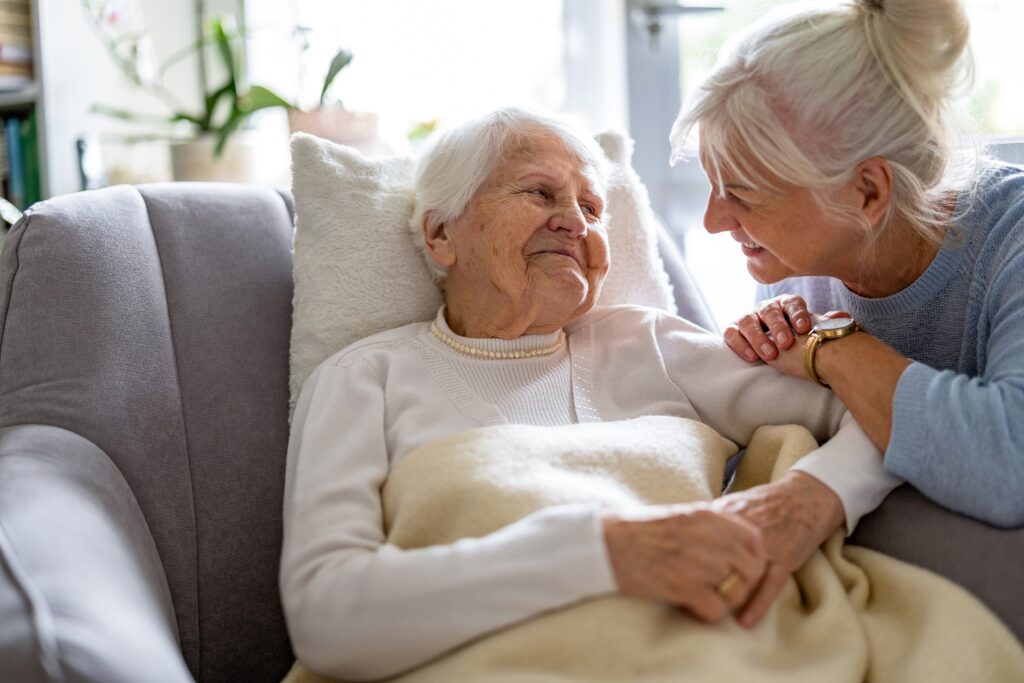Home Care Tips for Aging Loved Ones
Home Care Tips for Aging Loved Ones What Is Homecare (In-Home Care)? Home care, or in-home care, refers to aRead more

Home Care Tips for Aging Loved Ones What Is Homecare (In-Home Care)? Home care, or in-home care, refers to aRead more

How to Help Seniors Prioritise Their Mental Health: Effective Strategies and Support Table Of Contents: How to Help SeniorsRead more

What Are the Best Mental Wellness Activities for Aged Care Residents? Table Of Contents: What Are the Best Mental WellnessRead more

Effective Exercise Programs for Residents in Aged Care: How to Improve Resident Health and Well-Being Table Of Contents: Effective ExerciseRead more

Table Of Contents: Daily Nutritional Requirements for Seniors Key Takeaways Understanding Changing Nutritional Needs in Senior Years Essential Macronutrients forRead more

How to prevent falls Falls are a common concern for seniors, but the good news is that many falls canRead more